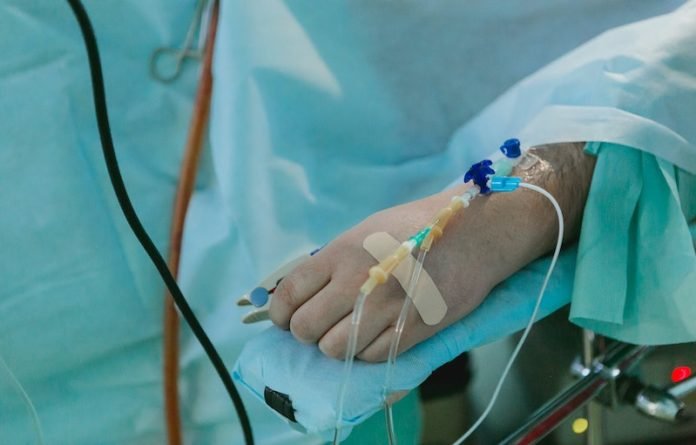
In a study from the University of São Paulo, scientists found that severe COVID-19 is associated with an imbalance in an important immune system signaling pathway.
The discovery helps explain at the molecular level why some people infected by SARS-CoV-2 develop a fatal inflammation. It also paves the way to the development of more specific therapies.
In the study, the researchers detected dysregulation of the immune system mediated by ATP one of the main sources of energy for cellular processes.
Severe COVID-19 patients had higher levels of ATP in their blood and lower levels of adenosine, which should increase when ATP is metabolized for energy production.
The increase in unmetabolized ATP, according to the article, produces a pro-inflammatory state and triggers a potentially fatal systemic inflammation known as a cytokine storm.
The study pointed to an imbalance in the signaling system and a dysfunction in the regulation of these components, as one more factor at the systemic level that attacks the organs of severe COVID-19 patients.
ATP is constantly produced by cells and is broken down in the extracellular environment by enzymes called ectonucleotidases.
When an exacerbated inflammatory response is activated, when cells are badly injured or when some other severe damage occurs. In response, ATP triggers an inflammatory process that involves other cells in a chain reaction
In the study, the researchers measured ATP and adenosine levels in blood samples from 88 severe COVID-19 patients collected in 2020-21. None of the patients had been vaccinated.
They found that the higher the ATP level, the more severe the disease. The researchers also examined possible alterations in immune system cells.
Given this finding, the researchers decided to isolate the B cells present in the blood samples and provide them with ATP.
A study conducted at the Center for Research on Inflammatory Diseases (CRID) had already detected a link between severe COVID-19 and inflammasome activation, which in these patients is exacerbated and fails to shut down after the infection clears.
The inflammasome is a protein complex inside defense cells. When this cellular mechanism is activated, pro-inflammatory molecules known as cytokines are produced to warn the immune system that more defense cells need to be sent to the infection site.
According to the researchers, the buildup of ATP in conjunction with low levels of adenosine in severe patients may contribute to the exacerbation of the cytokine-mediated inflammatory response.
If you care about COVID, please read studies about the cause of post-COVID syndromes, and shark antibodies may hold the key to stopping COVID-19.
For more information about COVID, please see recent studies about rare blood clots after COVID-19 vaccination, and new therapy from bananas may help treat COVID-19.
The study was conducted by Maria Notomi Sato et al and published in Frontiers in Immunology.
Copyright © 2022 Knowridge Science Report. All rights reserved.



